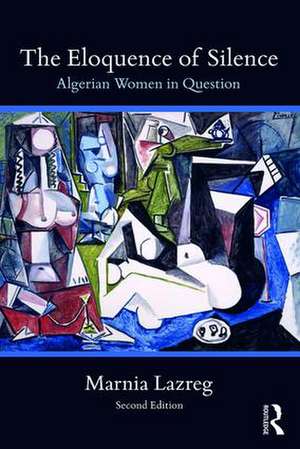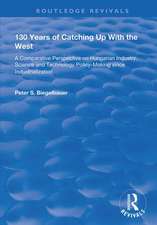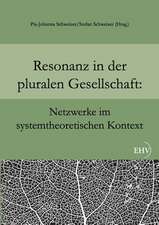The Eloquence of Silence: Algerian Women in Question
Autor Marnia Lazregen Limba Engleză Paperback – 19 iul 2018
Grounded in archival research supplemented by interviews, and adopting a historico-critical method, the book identifies and examines the significance of an enduring feature of women’s journey: their instrumental use as tropes in struggles between groups of men opposed to one another during political crises. It demonstrates that despite being central to contentious political issues, women’s needs and aspirations were obscured just as their voices have traditionally been silenced.
This new edition is thoroughly updated throughout to connect the original material to major political disruptions in the twenty-first century, such as the 9/11 attacks on New York and events around the "Arab Spring." The book foregrounds women’s determination to forge ahead, as well as their activism, which led to progress in fighting rape and other forms of violence made banal in the wake of the civil war (1992–2002). It also calls for a "decolonization" of concepts and theoretical systems used in accounting for women’s lived reality, and a questioning of facile postfeminist discourses in their manifold expressions.
| Toate formatele și edițiile | Preț | Express |
|---|---|---|
| Paperback (1) | 366.89 lei 6-8 săpt. | |
| Taylor & Francis – 19 iul 2018 | 366.89 lei 6-8 săpt. | |
| Hardback (1) | 1000.27 lei 6-8 săpt. | |
| Taylor & Francis – 11 iul 2018 | 1000.27 lei 6-8 săpt. |
Preț: 366.89 lei
Nou
Puncte Express: 550
Preț estimativ în valută:
70.20€ • 73.50$ • 58.09£
70.20€ • 73.50$ • 58.09£
Carte tipărită la comandă
Livrare economică 05-19 aprilie
Preluare comenzi: 021 569.72.76
Specificații
ISBN-13: 9781138293281
ISBN-10: 1138293288
Pagini: 268
Ilustrații: 2 Line drawings, black and white; 1 Tables, black and white
Dimensiuni: 156 x 234 x 15 mm
Greutate: 0.39 kg
Ediția:Nouă
Editura: Taylor & Francis
Colecția Routledge
Locul publicării:Oxford, United Kingdom
ISBN-10: 1138293288
Pagini: 268
Ilustrații: 2 Line drawings, black and white; 1 Tables, black and white
Dimensiuni: 156 x 234 x 15 mm
Greutate: 0.39 kg
Ediția:Nouă
Editura: Taylor & Francis
Colecția Routledge
Locul publicării:Oxford, United Kingdom
Cuprins
Preface, Acknowledgements, Introduction, 1. Decolonizing Feminism 2. Women in Precolonial Algeria 3. The Colonial War in Fact and Fancy 4. Exposing and Reconstructing Algerian Identity 5. Reform and Resistance 6. Women’s Lived Reality in and Under Colonial Society 7. Nationalism, Decolonization and Gender 8. State Policy, Development and Women: Socialism and Its Demise 9. Consciousness, Culture and Change 10. Women’s Rise to the Word 11. Between God and Man 12. Conclusion, Glossary, References, Index
Notă biografică
Marnia Lazreg is Professor of Sociology at Hunter College, CUNY, USA. Her research interests span constructions of otherness, colonial history, cultural movements, international development, women in the Middle East and North Africa, and postmodernist social theory. She has lectured extensively around the world and participated in radio and television programs. Her most recent publications include Foucault’s Orient: The Conundrum of Cultural Difference, From Tunisia to Japan (2017), Questioning the Veil: Open Letters to Muslim Women (2010), and Torture and The Twilight of Empire: Form Algiers to Baghdad (2017).
Descriere
The Eloquence of Silence, first published in 1994, is considered a seminal text in the scholarship of women and North Africa. This new edition is thoroughly updated throughout to connect the original material to major political disruptions in the 21st Century, such as the 9/11 attacks on New York and events around the "Arab Spring". In doing so, the book reveals how present circumstances for Algerian women remain dependent on national, regional as well as global decision-making and processes.






